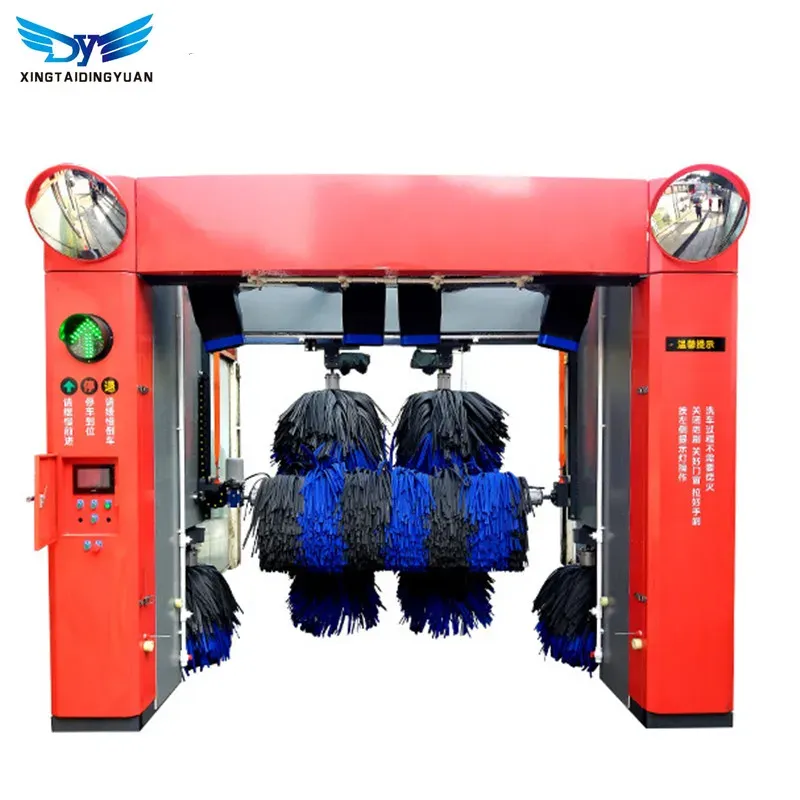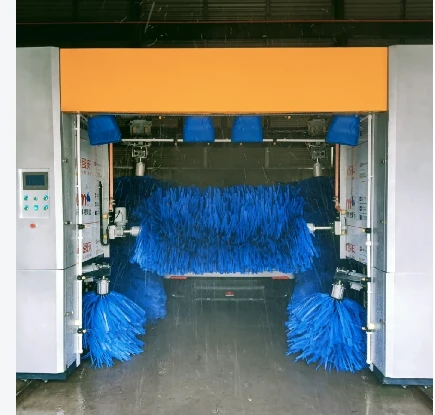
- Afrikaans
- Albanian
- Amharic
- Arabic
- Armenian
- Azerbaijani
- Basque
- Belarusian
- Bengali
- Bosnian
- Bulgarian
- Catalan
- Cebuano
- Corsican
- Croatian
- Czech
- Danish
- Dutch
- English
- Esperanto
- Estonian
- Finnish
- French
- Frisian
- Galician
- Georgian
- German
- Greek
- Gujarati
- Haitian Creole
- hausa
- hawaiian
- Hebrew
- Hindi
- Miao
- Hungarian
- Icelandic
- igbo
- Indonesian
- irish
- Italian
- Japanese
- Javanese
- Kannada
- kazakh
- Khmer
- Rwandese
- Korean
- Kurdish
- Kyrgyz
- Lao
- Latin
- Latvian
- Lithuanian
- Luxembourgish
- Macedonian
- Malgashi
- Malay
- Malayalam
- Maltese
- Maori
- Marathi
- Mongolian
- Myanmar
- Nepali
- Norwegian
- Norwegian
- Occitan
- Pashto
- Persian
- Polish
- Portuguese
- Punjabi
- Romanian
- Russian
- Samoan
- Scottish Gaelic
- Serbian
- Sesotho
- Shona
- Sindhi
- Sinhala
- Slovak
- Slovenian
- Somali
- Spanish
- Sundanese
- Swahili
- Swedish
- Tagalog
- Tajik
- Tamil
- Tatar
- Telugu
- Thai
- Turkish
- Turkmen
- Ukrainian
- Urdu
- Uighur
- Uzbek
- Vietnamese
- Welsh
- Bantu
- Yiddish
- Yoruba
Feb . 11, 2025 10:30
Back to list
how much does a tunnel car wash cost to build
Building a tunnel car wash involves several important considerations that impact its overall cost, from site selection and construction materials to modern technology integration. When planning to invest in a tunnel car wash, understanding these components ensures a financially viable and successful venture.
Labor costs must also be factored in, both for the construction phase and ongoing operations. Hiring experienced contractors ensures the wash is built to industry standards, avoiding future costly repairs. Post-construction, a trained staff is crucial to maintaining machinery and managing the business. While automation can reduce need for extensive staffing, skilled personnel are necessary to oversee operations and maintain high service standards. Operational payroll can vary widely, but budget forecasts often account for $50,000 to $150,000 annually. Marketing and branding expenses form another critical investment aspect. Creating a recognizable brand and ensuring its presence in both local and digital markets requires a strategic approach. Establishing a compelling brand identity, advertising in local media, maintaining an active online presence, and engaging with social media platforms can demand an upfront budget of around $30,000 to $50,000, with ongoing campaigns tailored to attract and retain loyal customers. Legal and regulatory expenses cannot be overlooked as they encompass permits, zoning compliance, environmental impact assessments, and insurance. This can add tens of thousands more to the overall budget, depending on local regulations and the complexity of the permitting process. On balance, the total investment required for constructing a tunnel car wash can range from $1 million to $3 million. Investors should meticulously plan and consider these variables to ensure their business is competitive and profitable. Financing options, including loans and partnerships with equipment manufacturers, can aid in managing the initial financial load while paving the way for a successful launch and sustained growth. This thorough understanding of costs associated with building a tunnel car wash underscores the expertise and strategic planning necessary to thrive in the competitive car wash industry. With proper execution, this venture can offer lucrative returns as a high-demand service catering to millions of vehicle owners seeking convenience and quality.


Labor costs must also be factored in, both for the construction phase and ongoing operations. Hiring experienced contractors ensures the wash is built to industry standards, avoiding future costly repairs. Post-construction, a trained staff is crucial to maintaining machinery and managing the business. While automation can reduce need for extensive staffing, skilled personnel are necessary to oversee operations and maintain high service standards. Operational payroll can vary widely, but budget forecasts often account for $50,000 to $150,000 annually. Marketing and branding expenses form another critical investment aspect. Creating a recognizable brand and ensuring its presence in both local and digital markets requires a strategic approach. Establishing a compelling brand identity, advertising in local media, maintaining an active online presence, and engaging with social media platforms can demand an upfront budget of around $30,000 to $50,000, with ongoing campaigns tailored to attract and retain loyal customers. Legal and regulatory expenses cannot be overlooked as they encompass permits, zoning compliance, environmental impact assessments, and insurance. This can add tens of thousands more to the overall budget, depending on local regulations and the complexity of the permitting process. On balance, the total investment required for constructing a tunnel car wash can range from $1 million to $3 million. Investors should meticulously plan and consider these variables to ensure their business is competitive and profitable. Financing options, including loans and partnerships with equipment manufacturers, can aid in managing the initial financial load while paving the way for a successful launch and sustained growth. This thorough understanding of costs associated with building a tunnel car wash underscores the expertise and strategic planning necessary to thrive in the competitive car wash industry. With proper execution, this venture can offer lucrative returns as a high-demand service catering to millions of vehicle owners seeking convenience and quality.
Latest news
-
Integrating Aqua Tunnel Car Wash in Shopping CentersNewsJun.24,2025
-
Gas Station with an Auto Car Wash MachineNewsJun.24,2025
-
Efficiency in Your Aqua Tunnel Car Wash: Power & Water-SavingNewsJun.24,2025
-
Car Wash Business with Advanced Auto Car Cleaning MachinesNewsJun.24,2025
-
Balancing Setup Costs with Aqua Tunnel Car WashNewsJun.24,2025
-
Aqua Tunnel Car Wash: Eco-Design for the Energy-Savvy EntrepreneurNewsJun.24,2025
Related PRODUCTS



